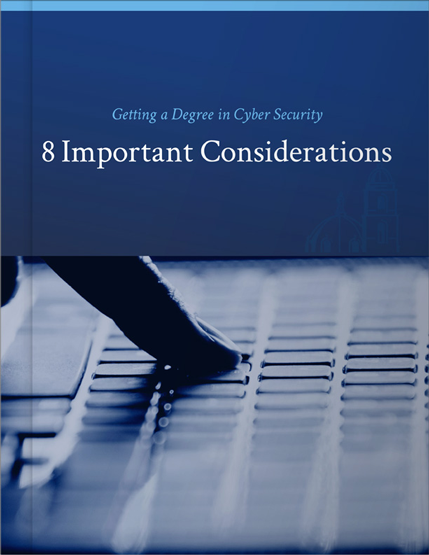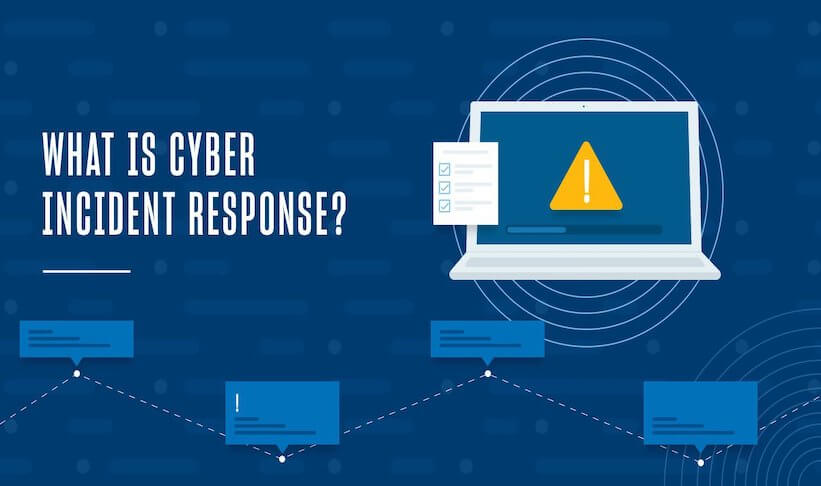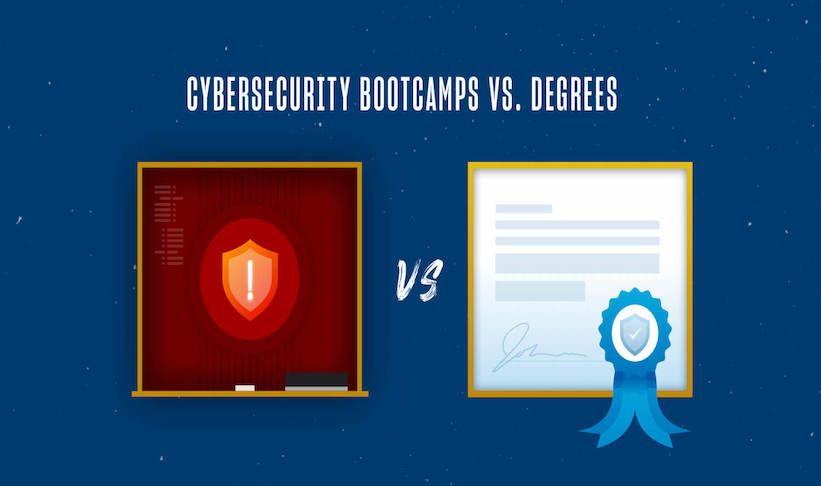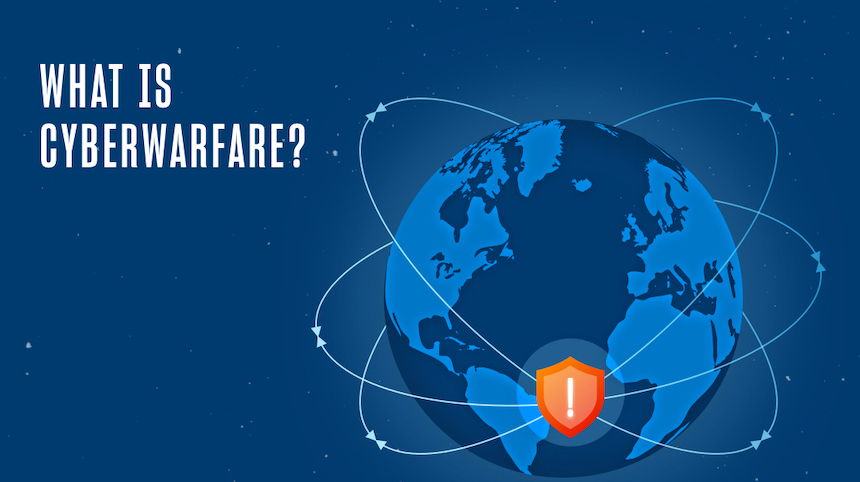Careers in computer science and cybersecurity are growing in popularity – and necessity. Employment of information security analysts is expected to grow much faster than the average for all occupations – an impressive 35% from 2021 to 2031. Computer science employment is on a similar trajectory, with a projected 21% growth over the same decade. Regardless of your specific career pursuit, the right education is essential. It’s important to know the similarities and distinct differences between cybersecurity versus computer science before enrolling in a program.
Cybersecurity Degree Overview
Skilled cybersecurity professionals play an important role in today’s tech-savvy society. Earning a cybersecurity master’s degree prepares students to provide protection from a vast array of threats, from email phishing and ransomware to data breaches and hacks. Students seeking a career in cybersecurity or a related field are well on their way when they complete USD courses; and industry professionals are prepared to advance to the next level of their career. A strong curriculum of a cybersecurity degree program will include the following topics:
- The basic foundation of cybersecurity
- Governance and risk
- Cybersecurity law and policy
- Threat intelligence
- Incident response
- Computer network forensics
Computer Science Degree Overview
Computer scientists need an advanced skill set in order to design and analyze the many complex systems that computers entail. Students looking to enter the field, or professionals who want to deepen their knowledge, will learn how to build websites, mine data, program robots and more. A master’s degree or doctoral degree paves the way to work in research and industry fields. Computer science degree topics include:
- Algorithms
- Object-oriented design and programming
- Operating systems
- Computer graphics
- Robotics
- Computational finance
Computer Science Degree vs. Cybersecurity Degree
Though the degrees have some overlap, there are distinct differences to be aware of. A degree in computer science focuses on the study of computers, programming languages and computer software.
A cybersecurity degree does involve computers and networking knowledge but also hones in on concepts such as how to prevent cyber attacks, risk detection, details on the latest cybersecurity trends and concepts, as well as incident response.
While a computer science degree is more general, a cybersecurity degree offers a narrower focus.
[RELATED] Which Cyber Security Program is Right For You? Download our free infographic to help decide >>
Computer Science vs. Cybersecurity Careers
Earning a computer science degree will prepare you for a variety of popular computer science careers, including:
- Software developer
- Software engineer
- Data scientist
- Database administrator
- Computer hardware engineer
- Computer network architect
- Web developer
- Information security analyst
- Computer and information systems manager
- Computer or multimedia programmer
- Systems analyst
- Information research scientist
Though these computer science careers may involve aspects of cybersecurity, they are not cybersecurity-focused. A cybersecurity degree focuses on preparation for the following careers:
- Cybersecurity analyst
- Cybersecurity consultant
- Penetration and vulnerability tester
- Cybersecurity engineer
- Forensics analyst
- Cybersecurity manager/administrator
- Cybersecurity architect
Tips for Choosing the Right Degree for Your Career
- Earn a bachelor’s degree in computer science to build a strong foundation of knowledge for a career in either computer science or cybersecurity. Many advanced degree programs in cybersecurity even require a bachelor’s in computer science or a related field to apply.
- Consider your interests, including whether you are more interested in the overarching field of computer science or a specific area of cybersecurity.
- Consult career counselors at colleges for helpful information and advice about specific programs.
- Advance your skill set by earning a master’s in cybersecurity. You’ll only benefit from the additional experience and be set apart from other job candidates.
USD offers two options for advanced cybersecurity degrees. The master’s in cybersecurity engineering is designed to train for work in the private and public sector, including protection of companies, communities and the nation. The master’s in cyber security operations and leadership prepares for the communication of mission-critical information, collaboration with stakeholders and more.
Interested in an advanced degree? These eight important considerations will help guide your decision.





